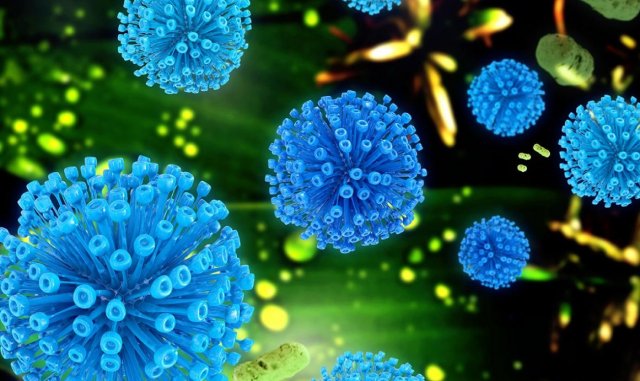HEPATITIS E

WHAT IS HEPATITIS E ?
Hepatitis E is a liver disease, which is transmitted through the consumption of contaminated food and water.
Some people infected with hepatitis E don’t show any particular sign of the disease. Other persons experience symptoms like a sudden fever, fatigue, loss of appetite, nausea, vomiting, stomach pain and yellowing of the skin and of the eyes. These symptoms usually last between 2 and 6 months. Most of the time, the victims of hepatitis E fully recover and the disease don’t cause any permanent damage to the liver. But among pregnant women, hepatitis E can become a severe illness.
WHAT IS THE RISK FOR TRAVELERS ?
Hepatitis E occurs all over the world, except in a few countries. Large outbreaks of the disease have been recorded in Asia, in Africa and in Central America. The travelers going to developing countries are particularly at risk for hepatitis E.
HOW TO PREVENT HEPATITIS E ?
There is currently no vaccine or effective medicine to prevent hepatitis E. When traveling, especially if you go to a developing country, you must take some precautions to avoid being infected with the disease.
- Be always sure that the water you drink and use is safe. Prefer sealed bottled water whenever possible. If you need to use water from the tap or from a well, you must boil it or treat it with a chlorine-based purification product before you can drink it. Never consume unpasteurized dairy products, reconstituted fruit juices, drinks containing ice cubes, flavored ice and popsicles. Hot tea and coffee are safe to drink.
- Never eat raw, under cooked or suspicious food, and always consume it while still hot. Avoid street food. When eating eggs, make sure that they are hard-cooked. Always clean and peel fruits and vegetables before preparing or eating them. Never eat bush meat, especially monkeys and bats.
- Always have good hygiene practices. Regularly wash your hands with clean water and soap, or with a hand sanitizer containing at least 60% alcohol. Never touch your face, especially your eyes, your nose and your mouth, without cleaning your hands first.
- Avoid close contact with other people such as hugs and kisses, especially with persons looking sick.
- Don’t share eating utensils and cups with other people.
IF YOU FEEL SICK :
If you feel sick while traveling or after your return to your home country and you think that you may be infected with hepatitis E, you should see a doctor immediately, especially if you experience a sudden fever. Inform you physician of the places you have visited. Avoid contact with other people until you have fully recovered. Never prepare food for other persons. You can take medicines containing aspirin, ibuprofen or naproxen to reduce the fever and the pain.
We make every effort to ensure that the information posted on our website is up to date and accurate according to the latest public health recommendations; however, it is impossible for us to make changes on a daily basis.
For the most current travel health recommendations, please call our clinic as make an appointment with one of our travel health professionals.
